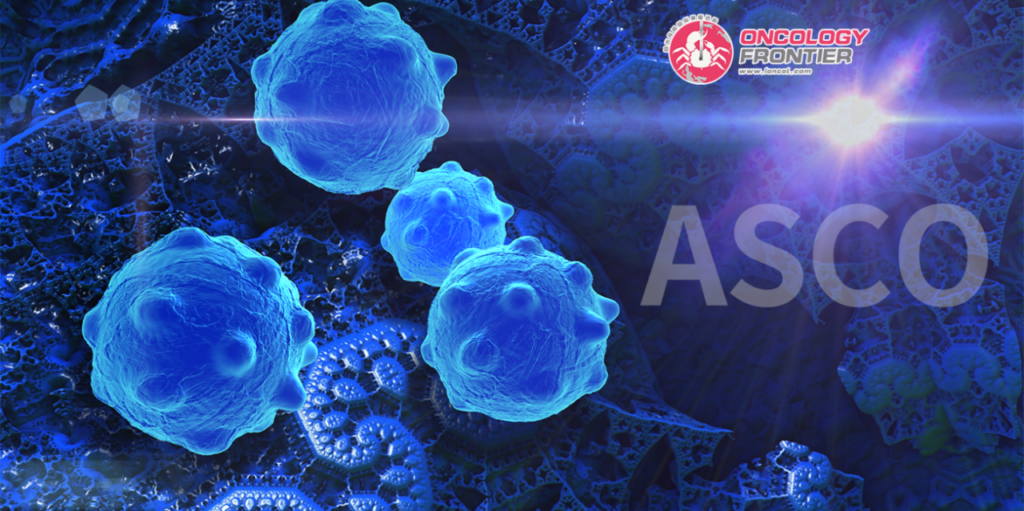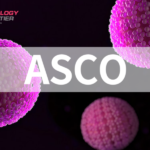
Editor's Note: The 2024 American Society of Clinical Oncology (ASCO) Annual Meeting will be held in Chicago from May 31 to June 4, Eastern Time. One study on OBX-115, an engineered tumor-infiltrating lymphocyte (TIL) therapy, garnered widespread attention. This research focuses on patients with immune checkpoint inhibitor (ICI)-resistant metastatic melanoma. Unlike traditional TIL therapy, OBX-115 has a key advantage: it does not require high-dose interleukin-2 (IL-2) systemic treatment, reducing the toxicity risk for patients. Initial results indicate that OBX-115 performs well in both safety and efficacy, providing new hope for ICI-resistant melanoma patients.OBX-115: An IL-2 Sparing Engineered TIL Therapy for ICI-Resistant Unresectable or Metastatic Melanoma Patients
Background: Investigational non-engineered TIL therapy has shown good activity in ICI-resistant metastatic melanoma but requires high-dose systemic IL-2, which has significant high-grade toxicity and typically needs specialized management, limiting patient treatment. OBX-115 is an autologous engineered TIL therapy that does not require IL-2 co-administration, as it can regulate membrane-bound IL-15 (mbIL15) expression using the FDA-approved small molecule acetazolamide (ACZ) to support TIL expansion and persistence.
Methods: This phase I study (NCT05470283) evaluated OBX-115 in patients with ICI-resistant unresectable/metastatic melanoma. OBX-115 was isolated and expanded from the patient’s tumor tissue (surgical resection or core needle biopsy [CNB]). After lymphodepletion (cyclophosphamide, fludarabine), patients received OBX-115 followed by daily ACZ for up to 7 days; non-responders could receive ACZ re-treatment at week 6 (for up to 7 days). Systemic IL-2 was not administered. Peripheral blood and tumor tissues were collected for longitudinal immune analysis.
Results: As of January 2, 2024, nine patients (median age 50 years) with ICI-resistant metastatic melanoma were treated with OBX-115 (median study follow-up 17 weeks; range 2–58 weeks). Median prior lines of treatment were 3 (range 1–6). All patients successfully expanded OBX-115, including from CNB tumor tissue (n=5). The infused TILs contained high proportions of CD8+ T cells (≥96%) and stem-like T cells (CD8+CD39-CD69-; median 76%), with very low PD-1 expression on the CD8+ population (<1%). No dose-limiting toxicities (DLT) were observed post-infusion; two patients experienced three grade 3 non-hematologic treatment-emergent adverse events (TEAEs) including abdominal pain, ALT elevation, and syncope, with no grade 4 non-hematologic TEAEs. Four out of five eligible patients were re-treated with ACZ and tolerated it well. In patients with at least 12 weeks of follow-up (n=6), the objective response rate (ORR) per RECIST v1.1 was 50% (2 complete responses [CR], 1 partial response [PR], 3 stable disease [SD]); all responses occurred between weeks 6 and 18 and persisted, with the longest duration of response over 12 months. One patient developed new metastatic disease (liver) and progressed at week 24, despite continued shrinkage of target lesions; no patients developed brain metastases. All responders had no detectable circulating tumor DNA (ctDNA) at days 14 or 42 post-infusion. Despite OBX-115 containing minimal NK cells (<1%), post-infusion peripheral blood and tumor biopsies showed NK cell expansion, consistent with mbIL15 trans-presentation to circulating NK cells.
Conclusion: OBX-115 demonstrates favorable tolerability and induces deep, durable responses, suggesting that OBX-115 can mediate complete responses and lasting clinical benefits in ICI-resistant metastatic melanoma without high-dose IL-2. The study continues in this trial (NCT05470283) and an ongoing phase I/II multicenter trial (NCT06060613).
The development of OBX-115 represents a significant advancement in the treatment of ICI-resistant melanoma. By avoiding the use of high-dose IL-2, OBX-115 reduces the risk of severe toxicities, making the treatment more accessible and manageable for patients. The promising initial results warrant further investigation in larger trials, and if confirmed, OBX-115 could become a new standard of care for ICI-resistant melanoma patients.
References:
Rodabe Navroze Amaria, Jennifer Leigh McQuade, Michael A. Davies, et al. OBX-115, an interleukin 2 (IL2)-sparing engineered tumor-infiltrating lymphocyte (TIL) cell therapy, in patients (pts) with immune checkpoint inhibitor (ICI)-resistant unresectable or metastatic melanoma. ASCO 2024; Abstract 9515.


